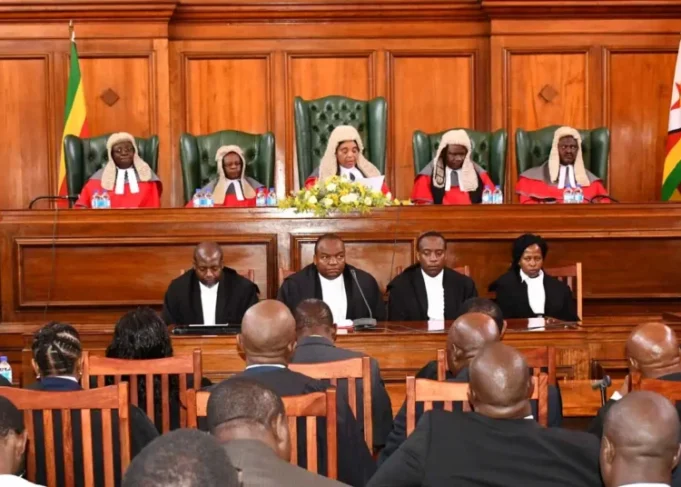The Community Court of Justice of the Economic Community of West African States (ECOWAS) has delivered a landmark ruling declaring sections of Kano State’s blasphemy laws to be in violation of Nigeria’s international human rights obligations.
In the case Incorporated Trustees of Expression Now Human Rights Initiative v. Federal Republic of Nigeria (ECW/CCJ/APP/41/23), the court held that certain provisions within Kano’s legal framework infringed on freedom of expression rights guaranteed under both regional and global human rights instruments.
The case, filed by the Incorporated Trustees of Expression Now Human Rights Initiative—a Nigerian human rights NGO—challenged blasphemy laws that it said had triggered serious human rights violations.
The group cited multiple instances of arbitrary arrests, prolonged detentions, and even death sentences imposed on individuals accused of blasphemy.
The NGO also raised concerns over vigilante-style justice, claiming some individuals were murdered by mobs following accusations of blasphemy, with the Nigerian state allegedly failing to protect citizens’ fundamental rights to life, religious freedom, and expression.
In its verdict, the ECOWAS Court affirmed its authority to hear the matter under Article 9(4) of its protocol, which empowers it to address human rights breaches across member states.
While it dismissed the claims relating to the rights to life and religious freedom—stating these could not be pursued through public interest litigation—the court allowed the claims on freedom of expression to proceed.
The judges found that two central blasphemy provisions under Kano State law did not meet international standards.
Specifically, Section 210 of the Kano Penal Code was deemed too vague, lacking the legal clarity necessary to define what qualifies as a religious insult.
The court also invalidated Section 382(b) of the Kano State Sharia Penal Code Law (2000), which prescribes the death penalty for insulting the Prophet Muhammad.
The panel ruled this punishment to be “excessive and disproportionate” in a democratic context.
Though the court acknowledged states’ rights to uphold public order and religious respect, it ruled that the laws in question failed to meet the international legal standards of “legality, necessity, and proportionality” as required under Article 9(2) of the African Charter on Human and Peoples’ Rights and Article 19 of the International Covenant on Civil and Political Rights (ICCPR).
On the allegations of government inaction in preventing mob violence linked to blasphemy claims, the court concluded that the evidence presented—mostly media reports—did not meet the threshold for admissible proof.
The decision was handed down by a three-member panel of ECOWAS justices: Hon. Justice Ricardo Cláudio Monteiro Gonçalves (Presiding Judge), Hon. Justice Sengu Mohamed Koroma, and Hon. Justice Dupe Atoki (Judge Rapporteur).

















